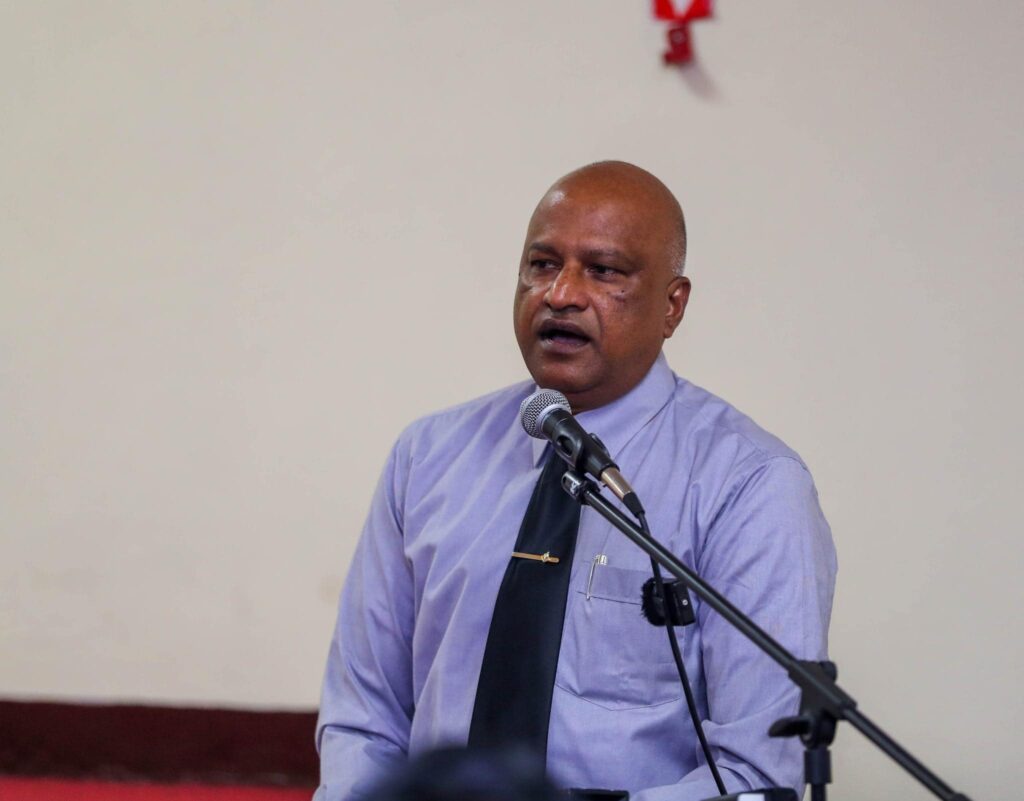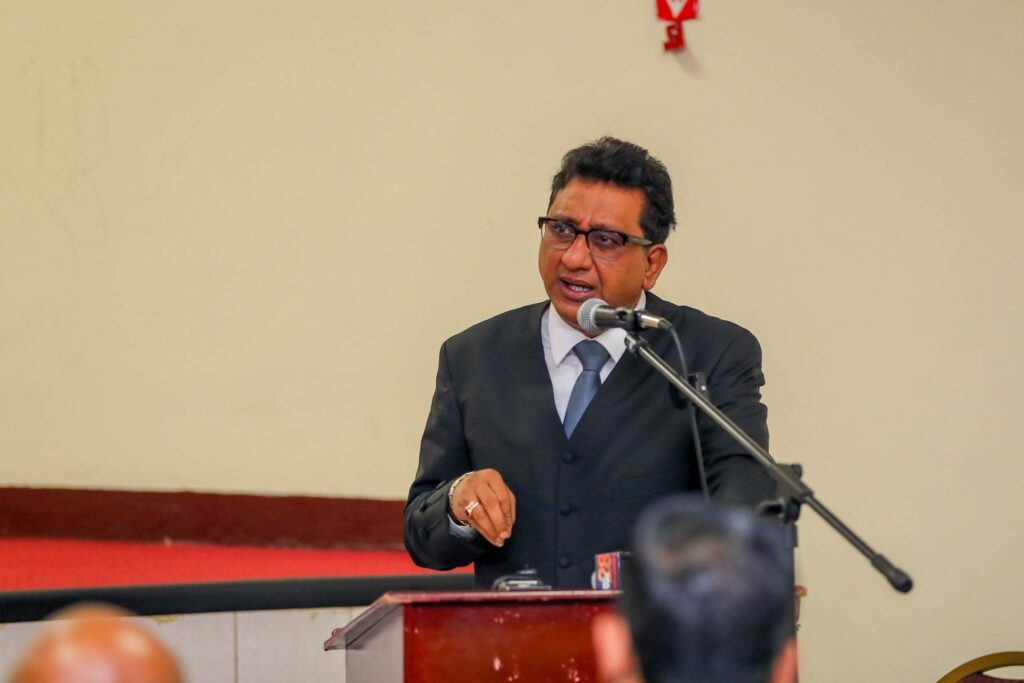Almost two years after efforts began on restorative justice in Guyana, a centre was launched on Wednesday with a pilot project to be rolled out in several communities between Buxton and Mon Repos on the East Coast of Demerara (ECD).
The centre will be established in the compound of the Region Four Democratic Council at Triumph, ECD and will be headed by former Commissioner of Police, Seelall Persaud.
The centre is part of a wider span of criminal justice reforms, which includes the Inter-American Development Bank’s support for the Criminal Justice System (SCJS) Programme.
Through the centre, Guyana will employ efforts to ensure there is rehabilitative justice over lengthy jail sentences for the perpetrators of petty crimes and first-time offenders.
The model has been tested in other countries and has worked but on the local front, the Ministry of Legal Affairs has enlisted the assistance of teachers, community and religious leaders.

According to Attorney General, Anil Nandlall, other strategies used to fight crime over the last 100 years have not worked. He believes the innovation of restorative justice can be helpful in this regard and said Guyana is a leading example in the hemisphere.
He said there needs to be a re-assessment of promoting punitive justice over rehabilitative justice.
“We tried death by hanging, we tried injection, we tried flogging, we tried solitary confinement, we tried harsh labour, we tried protracted and long sentences.
“Have they worked?
“We are living in a crime ingested society that never existed before and we must rethink our approach to crime,” Nandlall said.
He maintained that sanctions should bear a reasonable relationship with the crime committed but said the government will focus its attention on a new concept.
And according to Minister of Human Services and Social Security, Dr. Vindhya Persaud, this approach will mostly be to the benefit of young adults and juveniles who commit non-violent crimes.

Already, a new Restorative Justice legislation is in place but Dr. Persaud believes challenges still exist to utilize the opportunities made available to prevent young offenders from moving to the grave and more serious offences.
“I hope it [restorative justice] will find a permanent place as a centre for mediation and conflict resolution and persons who experience crime can have restitution, compensation and closure,” she said during the launch at the Police Training Centre on Camp Road, Georgetown.
The general problem to be addressed by this programme is the overcrowding in Guyana’s prison system.
The programme will focus on the high proportion of individuals accused of non-violent offences who are incarcerated while in pre-trial detention and the reliance by the criminal justice system on custodial sentences for minor offences.
This programme places an emphasis on the rehabilitation of the offender rather than on punitive punishment and seeks to dissuade the heavy reliance on pre-trial deprivation of liberty.













